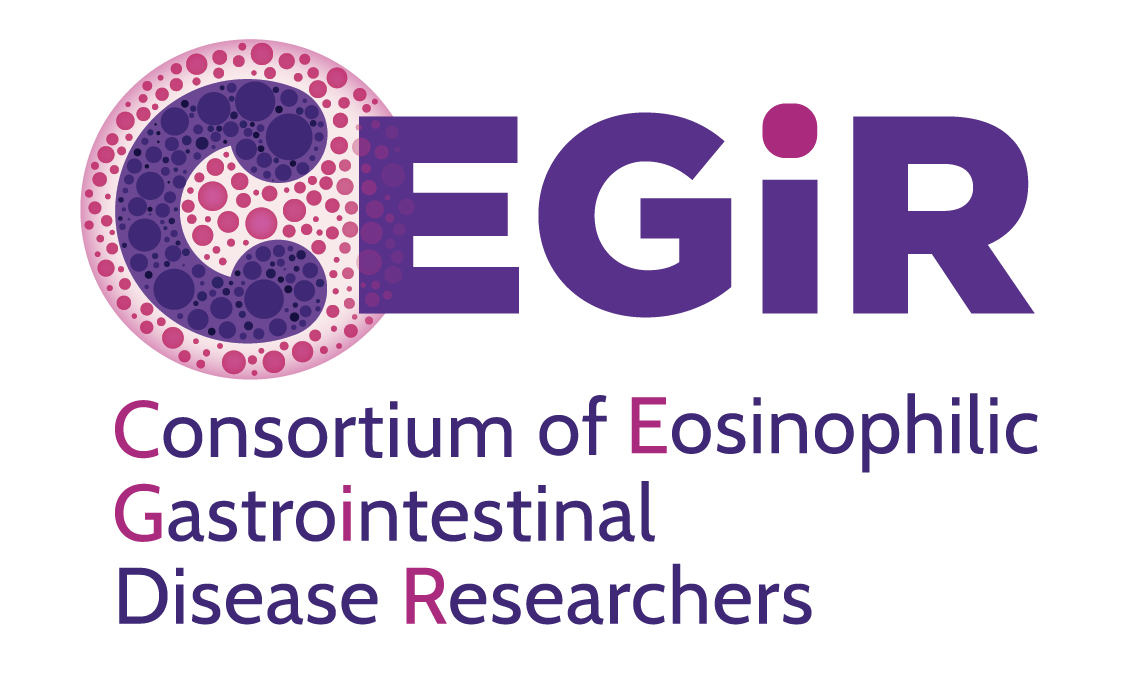Benjamin Wright, MD
Title: Assistant Professor
Affiliation: Mayo Clinic Arizona and Phoenix Children’s Hospital
Year entered into CEGIR training program: 2020
Mentor/s: Glenn Furuta
Biosketch
Dr. Wright is a board-certified allergist/immunologist with a joint academic appointment at Mayo Clinic Arizona and Phoenix Children’s Hospital. He completed fellowship training in allergy and clinical immunology at Duke University and pursued advanced research training at the University of North Carolina at Chapel Hill. His initial work examined mechanisms of oral immunotherapy, mouse models of food allergy, and the role of IgG4 in EoE. His long-term career goal is to improve the health of individuals with eosinophilic gastrointestinal diseases (EGIDs) through basic and translational research.
Dr. Wright’s research has been recognized and supported by the National Institutes of Health, Phoenix Children’s Hospital Foundation, Mayo Clinic Foundation, Arizona Biomedical Research Consortium training award, and the Consortium of Eosinophilic Gastrointestinal Disease Researchers (CEGIR) training award.
Summary of current CEGIR projects
- Patients with EoE often have food allergies; moreover, some patients with food allergy develop EoE while undergoing oral immunotherapy (OIT). Dr. Wright’s project with CEGIR is to examine the relationship between IgE-mediated food allergy and EoE. Dr. Wright is leading a mechanistic study of patients undergoing milk OIT where patients are serially monitored using the esophageal string test in order to better understand the pathogenesis of EoE.
- Currently, EoE diagnosis requires manual counting of eosinophils by a trained pathologist. This is time-consuming, variable, and may underestimate the extent of eosinophil involvement. Dr. Wright is also conducting studies in patients with EoE and EoG/EoN to validate a tool that uses computer image analysis to quantify eosinophilic inflammation in tissue biopsies.
Publications as affiliated with CEGIR
None
Q & A with Dr. Wright
How has CEGIR participation made a difference in your career, or how do you anticipate it will?
“CEGIR has helped me develop mentoring relationships with the thought leaders in EGID research. It has served as a venue to ask questions and a resource to accelerate ideas towards implementation through collaboration.”
How do you feel the patient community benefits from the CEGIR training program?
“The CEGIR training program cultivates EGID expertise nationally and internationally. This increases access to clinical trials, enhances research collaboration, and ultimately improves patient care.”

